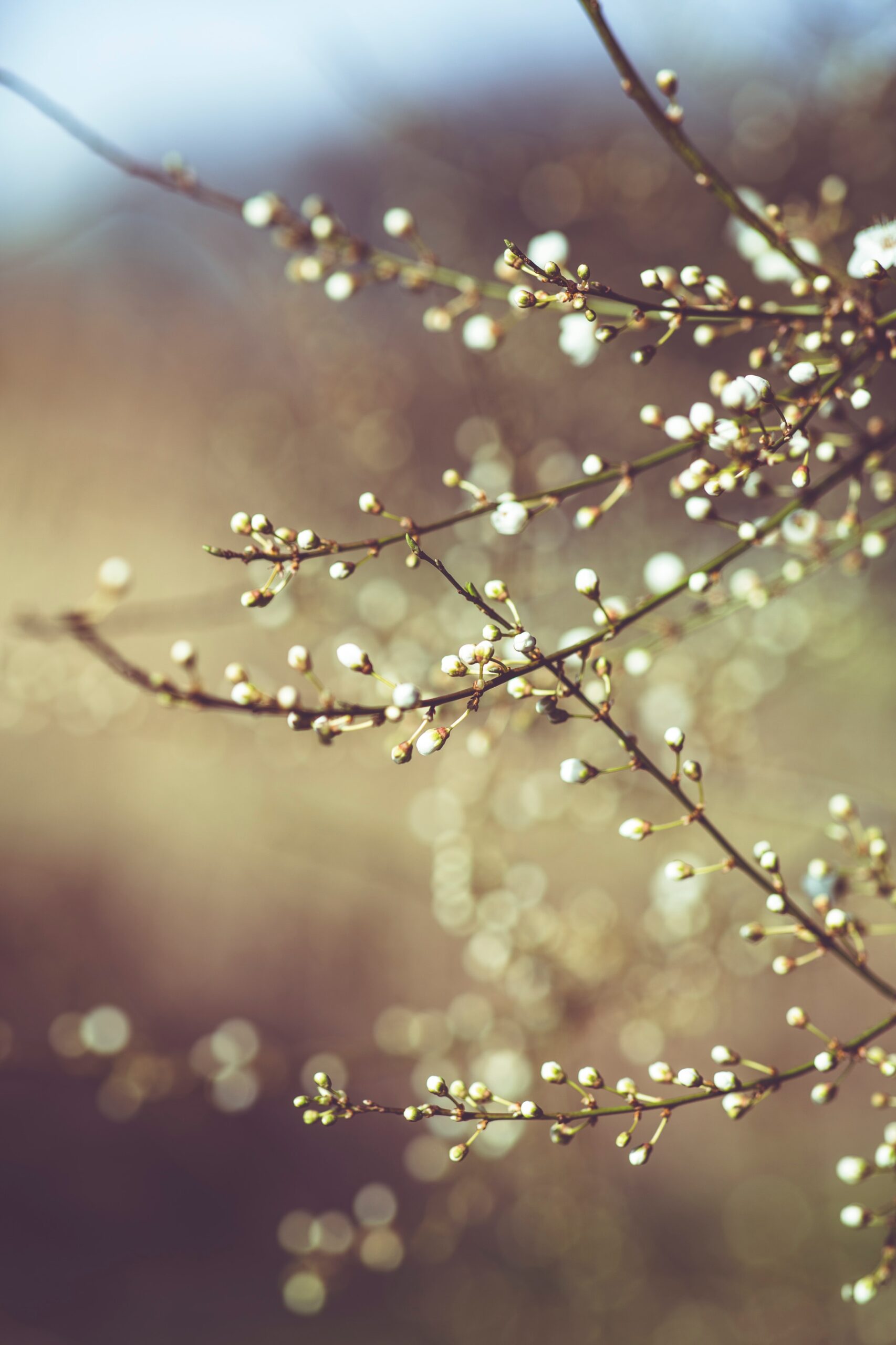
Coping With Seasonal Allergies (Autumn)
It is tempting to think that with the start of autumn, as nature prepares to hibernate, seasonal allergy sufferers would see relief. That is, unfortunately, not strictly true. There are still plenty of allergens that make their way into the air this time of year. So today, we’re going to talk about them, along with a primer on what allergies are, and how acupuncture can help prevent symptoms from impacting your quality of life.
What is allergic rhinitis?
More commonly referred to as seasonal allergies or hay fever, allergic rhinitis is an allergic response to harmless indoor and outdoor particulates in the air that causes cold-like symptoms. Unlike a cold, these symptoms will occur immediately after exposure to allergens and will continue for as long as you are exposed.
While allergens are generally harmless, our immune system will decide they pose a threat to our health and produce immunoglobulin E (IgE) antibodies to protect against them. The next time you come into contact with that allergen, those antibodies will signal to your immune system to release histamine and other chemicals into your bloodstream.
Common causes
As we’ve discussed, allergic rhinitis is an immune response to airborne allergens. It is believed that allergies are a symptom of an overreactive immune system, since most allergens are not actually harmful (with the exception of molds and other contaminants). Common types of allergens are pet dander, dust and dust mites, mold, fungi, mildew, and plant pollens.
Common symptoms
Allergic rhinitis causes cold-like symptoms that start immediately after being exposed to an allergen. The severity of symptoms varies from person to person, but the following are the most commonly experienced:
- Runny nose or sinus congestion
- Water and itchy eyes
- Sneezing
- Coughing
- Itchy nose, throat, or roof of mouth
- Postnasal drip
- Swollen, bruised-appearing skin under the eyes (also called allergic shiners)
- Fatigue resulting from poor sleep caused by the above symptoms
What causes seasonal allergies in autumn?
There are three types of allergens in play during autumn. Certain pollens like ragweed persist through the season, at least until the weather is too cold for those plants to survive. The turning weather also impacts the amount of mold spores, dust, and dust mites that make it into the air.
Ragweed and other pollen
Ragweed is one of the most common allergens. Unfortunately for those allergic to it, it can persist into September and October. It’s also very light weight, which means that the wind can carry ragweed pollen across long distances. Additionally, those who are allergic to ragweed may also experience allergic reactions to plants in the same family, like chamomile, melons, and zucchini.
Mold
Mold thrives in wet or damp places. As the weather in autumn becomes rainy and damp, this makes mold growth explode. Mold spores particularly flourish in piles of wet leaves, so it’s a good idea to take precautions when raking and cleaning your yard this time of year.
If you have a basement, the higher water table this time of year can lead to more mold in the air in that part of your home.
Dust and dust mites
Dust and dust mites are found indoors any time of year, but autumn is when we stop opening the windows. This reduces the amount of ventilation and air exchange that would otherwise keep dust levels low. Another change that happens this time of year is that we start heating our homes again. Dust and dust mites are prone to accumulating in heating systems, so turning them on for the first time can stir those particulars into the air. It is recommended that you vacuum your heaters or hire a service to clean your heating system before you start using it regularly.

Is hay fever the same as seasonal allergies?
Hay fever is just a layman’s term for allergic rhinitis. It gets its name for the allergies people experience during hay-cutting season, but you can experience hay fever at any time of year depending on what you’re allergic to. Therefore, you can use the terms hay fever and seasonal allergies interchangeably as they’re both describing the same thing.
How can acupuncture help?
As allergies are an immune response, acupuncture can help support your immune system while reducing the reactivity that is causing your symptoms. In TCM, defensive (Wei) Qi is our first line of defense against sickness. Imbalance, stagnation, and blockages will weaken Wei Qi, and prevent it from being distributed evenly throughout your body. Acupuncture is designed to improve the flow of Qi by removing blockages and stagnation and restoring balance. Stimulating the meridians that correspond with the lungs, kidneys, stomach, and spleen strengthens the source (Yuan) Qi and the middle (Zhong) Qi, while improving the circulation of defensive Qi. This helps strengthen immunity and reduces reactivity to allergens. The treatment can also relax or release the overreactive smooth muscles that cause bronchial constrictions.
Other tips to help manage your seasonal allergies
While regular acupuncture treatments during allergy season are most effective at reducing and preventing symptoms (especially paired with western allergy treatments), there are also things you can do at home and between appointments. There are two strategies that are effective: avoiding exposure to allergens and reducing reactivity.
For the first strategy, you’ll want to create a “clean” space in your home to reduce your exposure to pollens. Here are some ways to do that:
- Use air filters in your home and change the filters regularly.
- Use a dehumidifier to decrease dampness in your home, particularly in your basement.
- Keep windows closed, especially on high pollen days.
- Wipe your pets down with a damp cloth when they come inside to remove pollen stuck to their fur.
- Change your clothes after spending time outside as pollen may be stuck to the fibres.
- Wear a dust mask when you have to go out on high pollen days.
To reduce reactivity, there are a number of medicinal herbs and naturally occurring compounds that help reduce allergy symptoms. Before you start using any of these herbs, it is important that you check with your doctor or pharmacist to make sure they won’t interfere with any medications you may be taking. The following are some herbs for seasonal allergies:
- Fragrant angelica root (Bai Zhi)
- Astragalus root (Huang Qi)
- Astractylodes rhizome (Bai Zhu)
- Silver root (Fang Feng)
- Stinging nettle
- Butterbur
Your acupuncturing can recommend which herbs and foods will be most beneficial to you, as well as in what quantities and how to prepare them.
Seasonal allergies can be a drag, but they don’t have to take over your life. Schedule your spring tune-up appointment to help prevent allergy symptoms all together.



